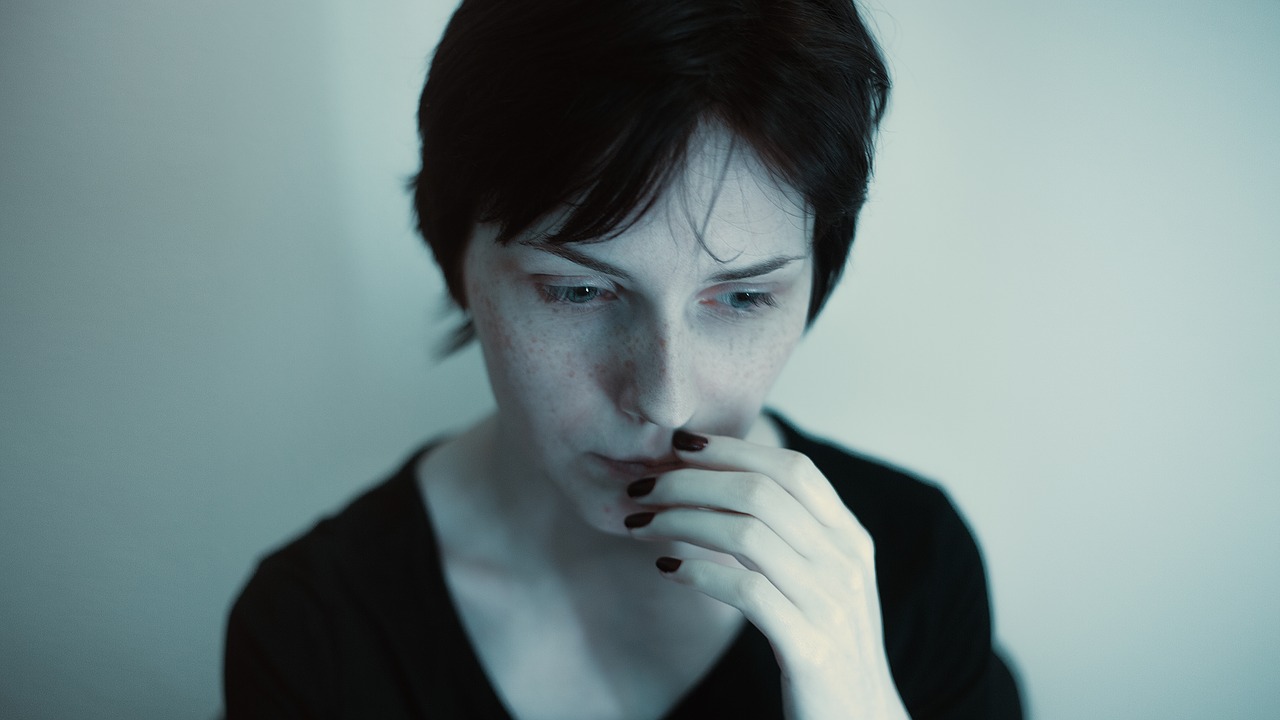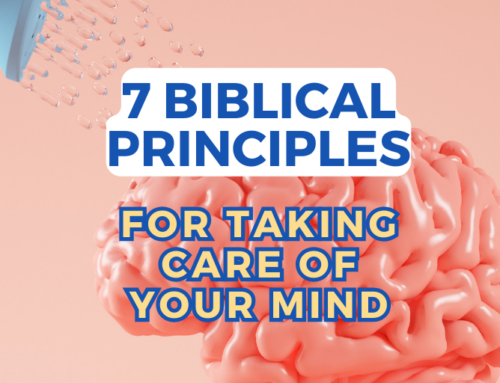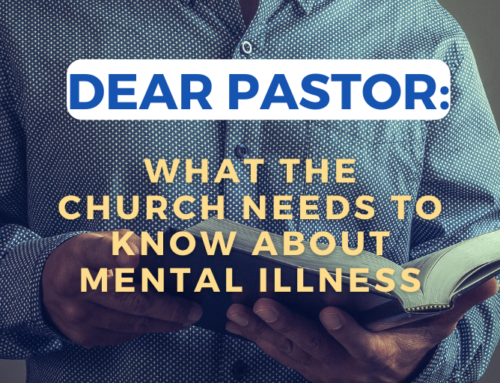Now that I ponder over it, I do see a sudden neat edifice of logic, and I do agree with some of their generalizations in spite of the fact that I am philosophically at the other end of the pole, – a “matter worshiper”.
Yet, Plath is certainly more complex than a simple “Material Girl”.
I believe that there is a realm (abstractly, hypothetically, of course) of absolute fact. Something IS. And that, in our poor human lingo, would be the “truth”.
No sooner does she assert some eternal verity (however hypothetical) than she retreats to relativism.
We all live in [our] own dream-world and make and re-make our own personal realities with tender and loving care. And my dream world – how much more valid, how much nearer to the truth is it than that of these people? Valid for me – perhaps – even though it is not metaphysical.
As much as she wants to will herself to validate her hosts’ “mind over matter” perspective, she can’t help but find it humorous.
I turn to hide irreverent laughter when Susan, constipated, gets a lesson instead of a laxative.
Later in the journals, Plath reflects in a letter on the accidental death of a friend (Sandy Lynn) and rejects the conventional theology of divine sovereignty.
… if it was god’s will it is a very stupid arbitrary blood thirsty god, and I do not like him or believe in him or respect him because he is more foolish and mean than we are and has no sense of proportion of what people are good for living and what people are unfit.
Free of the moral restraint gained through a theology of God’s sovereignty, Plath is able to construct her own morality.
The ways to hell on earth are easy, and one can always cross out hell and scribble in heaven. So much sweeter that way.
Yet, this freedom provides her little satisfaction. She continues to call on “God” (in words that sound more like a prayer than taking God’s name in vain).
You, God, whom I invoke without belief, only I can choose, and only I am responsible. (Oh, the grimness of atheism!)
Plath carried this grim spiritual perspective through her junior year at Smith College, where she has a “nervous breakdown.” The light in this luminescent young woman quickly burns out. Plath is aware of her changing perspective and sees it as a reflection on the nature of truth.
For a time I was lulled in the arms of a blind optimism with breasts full of champagne and nipples made of caviar. I thought she was true, and that the true was the beautiful. But the true is the ugly mixed up everywhere, like a peck of dirt scattered through your life.
Plath, like so many Modernists, doesn’t believe there is a God beyond this world. Ironically, she continues to call on this God in whom she doesn’t believe, crying out for clarity, vision, and beauty.
God, let me think clearly and brightly; let me live, love, and say it well in good sentences…
She prays in vain, however. So, she tries to will herself to believe.
Believe in some beneficent force beyond your own limited self. God, god, god: where are you? I want you, need you: the belief in you and love and mankind. You must not seek escape like this. You must think.
It is unclear to me whether Plath directs these last two sentences at God or herself. Herself, I think. She is the one desperately seeking escape – a “return to the womb” (as she expressed it earlier). She is the one frantically trying to think, to come up with a reason to live.
There is a huge gap in Plath’s journals after these words. The editor’s note indicates she attempted suicide. After treatment, she returned to finish her studies and graduate from Smith. She didn’t keep a journal her senior year. Her next entries pick up during her post-graduate work.
These later entries reveal a more disjointed, jaded, perhaps resigned perspective. God makes an appearance – only to note His absence.
God is on vacation with the pure transcendent sun and the searing heat that turns the flawed white body of our love to glass.
Plath went on to produce some masterpieces of poetry and literature (including The Bell Jar), and it is worth noting that she excelled academically even after being aggressively treated with electro-shock. In her journals, however, she seems to lose (at least temporarily) the ability to engage in deep self-reflection spiritually, psychologically, and intellectually. She also seems to lose even the glimmer of hope she once had for something (or Someone) eternal.









Thank you for writing about Sylvia Plath, another favorite of mine. When reading her work I am reminded that my faith in God doesn’t waver. It’s my faith in myself that is so inconsistent.
Plath’s depth of fascination with life in death seems to have led her into ending her own life, embracing death. Terribly sad.